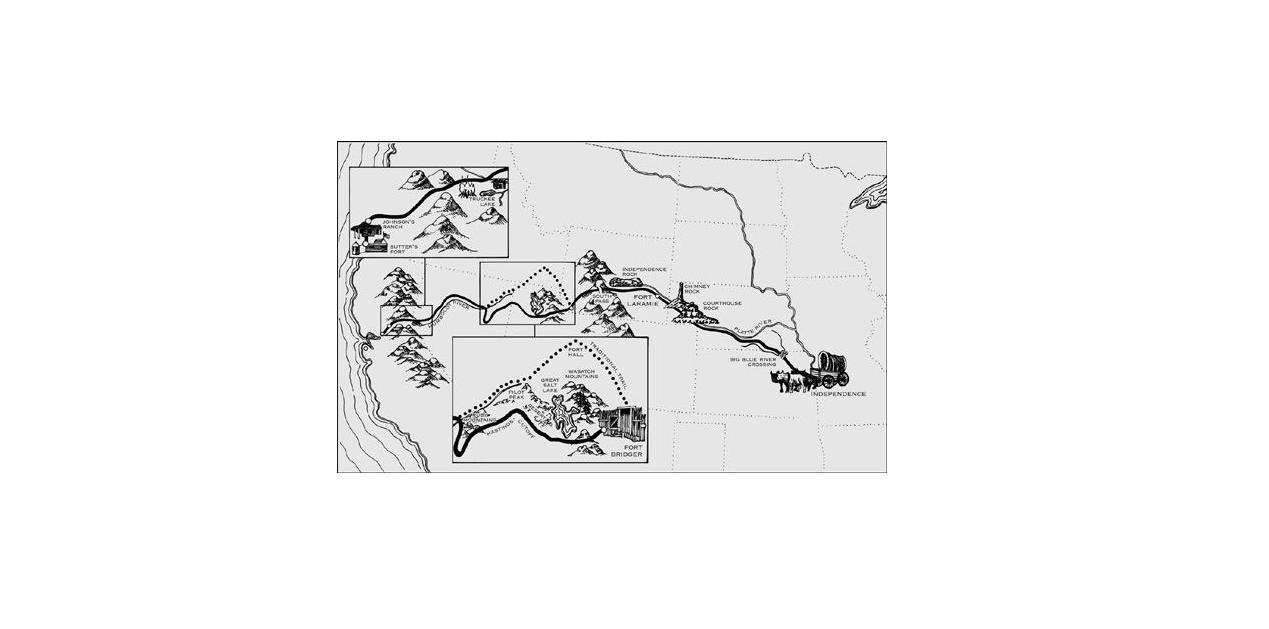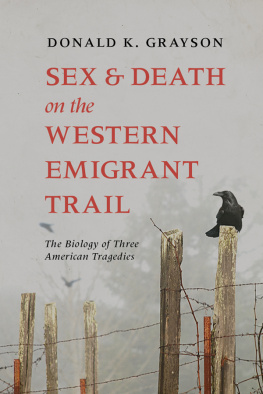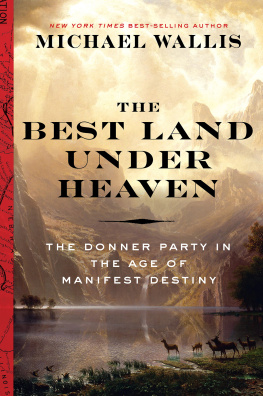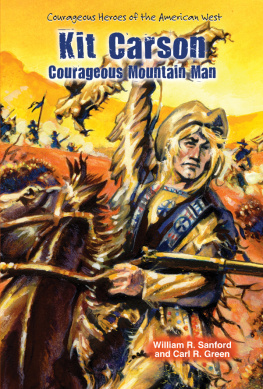Itan Rarik - Desperate Passage
Here you can read online Itan Rarik - Desperate Passage full text of the book (entire story) in english for free. Download pdf and epub, get meaning, cover and reviews about this ebook. genre: Adventure. Description of the work, (preface) as well as reviews are available. Best literature library LitArk.com created for fans of good reading and offers a wide selection of genres:
Romance novel
Science fiction
Adventure
Detective
Science
History
Home and family
Prose
Art
Politics
Computer
Non-fiction
Religion
Business
Children
Humor
Choose a favorite category and find really read worthwhile books. Enjoy immersion in the world of imagination, feel the emotions of the characters or learn something new for yourself, make an fascinating discovery.

- Book:Desperate Passage
- Author:
- Genre:
- Rating:3 / 5
- Favourites:Add to favourites
- Your mark:
- 60
- 1
- 2
- 3
- 4
- 5
Desperate Passage: summary, description and annotation
We offer to read an annotation, description, summary or preface (depends on what the author of the book "Desperate Passage" wrote himself). If you haven't found the necessary information about the book — write in the comments, we will try to find it.
Desperate Passage — read online for free the complete book (whole text) full work
Below is the text of the book, divided by pages. System saving the place of the last page read, allows you to conveniently read the book "Desperate Passage" online for free, without having to search again every time where you left off. Put a bookmark, and you can go to the page where you finished reading at any time.
Font size:
Interval:
Bookmark:
ETHAN RARICK
DESPERATE PASSAGE
The Donner Party's Perilous Journey West
For Ellie
"We were full of hope and did not dream of sorrow."
Virginia Reed Murphy, a survivor of the Donner Party, describing the journey's beginning
"All of us have dark stirrings of doubt and fear whenever the Donner Party is mentioned. In such extremis what would we do? Snow-trapped and starving in the Sierras with no hope of relief, would we fall to devouring each other? Our fathers? Our children? Our lovers? How close to the animal are we? How far from the desperate beast? In the purely physical realm of survival, what justifies what?"
James Dickey

Prologue
Margret Reed spread out a buffalo robe for her children and then covered them with a shawl. It was snowing"great feathery flakes," as one of the youngsters rememberedso every few moments Reed would rouse herself and shake the accumulation from their makeshift bedding, lest she and the children be buried alive in a muffling layer of white.
Huddled near a campfire, the forward section of the Donner Party had stopped for one last night of rest before the final assault on the mountains. Almost six months earlier, they had left Independence, Missouri, striking out for new lives in California. In the long ordeal of their journey, they had survived accidents, misjudgment, inexperience, disease. They had battled each other and helped each other. They had buried some comrades and abandoned another. They had hacked their way over trackless mountains and willed their way across murderous deserts. They had listened to the blandishments of a huckster promoting a shortcut that did not exist. Most important of all, they had fallen behind their fellow emigrants. That was the one unpardonable sin of the whole great venture, and now their penance was upon them.
The Donner Party is always remembered, of course, for the transcending horror that its members would be forced to endure. Unquestionably, the story says much about the mix of desperation and courage that allows human beings to survive seemingly impossible ordeals. But the tale also reflects a simpler and more practical truth about the journey to the American Westthat it was a headlong dash for safety.
Pioneer families left Independence as soon as the warmth of spring gave them diy ground to travel over, crossed the broad middle of the continent at the height of summer, andthey hopedreached the temperate climates of the Pacific before the first snows of winter closed the mountain passes. There was little room for error. Even at the slow gait of an ox or the creaking roll of a wagon, the journey was a race against time.
The Donner Party pushed that hurried schedule to the absolute limit and had spent much of the summer trailing in the dusty wheel ruts of the other wagons of 1846. For weeks now they had brought up the rear, the last, lonely party on the road from the comfortable familiarity of the Midwest to the alluring opportunities of the Pacific.
Yet they had endured, and pushed on, and were within reach of success. They faced one last barrierthe Sierra Nevada, the steep mountain range that separates California from North America's Great Basin. It was early November, snow was thick on the ground, and cold rains and dark clouds gave a hint of storms to come. A trailing band of the party including the Donner families, for whom the group was namedwas a few miles behind, but this forward group was approaching the pass that would take them over the mountains and down into the foothills, and then into the broad, verdant grasslands of California's Central Valley. Only another two miles, perhaps three, and they could start down toward their new lives. Two men had scouted ahead and predicted that if everyone kept moving, the entire group could crest the pass and make it through. But by the time the scouts returned, nothing could induce the weaiy party to move. The day's struggle had been monumental just to get this far, it was twilight already, and someone had managed to start a campfire, an irresistible bulwark of warmth and solace. The emigrants had settled around the fire and insisted they would camp there through the night and cross the pass in the morning.
Then the snow began falling, the "dreaded snow," as one survivor later wrote. It sizzled into the campfire, piled up on the backs of mules, covered tracks from earlier in the day. By morning, at least a foot of fresh powder had fallen. The drifts were far deeper still, the pass ahead a frozen barricade. The day before, escaping the mountains had seemed an arduous task that would require all that human beings could give. Now, it was simply impossible. They had no choice but to retreat down the mountainside, retracing their path so they could pitch camp at a lake far below, either to await a lucky break in the weather or, more likely, to winter over until the spring thaw. Even there the snow could pile to twenty feet and more. Drifts could cover cabins, even trees. Temperatures were sure to fall well below freezing. Gametheir only potential source of fresh foodwould be vanishingly scarce.
The Donner Party was trapped by a cruel combination of geography and time. Behind them lay nearly two thousand miles of wilderness; ahead, an impassable range of mountains. Behind them lay the days they had wasted; ahead, months of merciless winter. No longer could they afford fanciful thoughts of new homes and farms and lives. Now the men and women and children of the Donner Party were reduced to a single, elemental goal: to survive.
Part I
Journey
1
Jumping Off
Sitting in her tent on the soft grass of a prairie spring, Tamzene Donner contemplated the vast expanse of wilderness she was about to enter and decided to bid her sister one last goodbye. She reached for a fresh sheet of stationery and carefully noted the dateMay 11, 1846and the location: Independence, Missouri. The next day she would begin a journey as exciting and dangerous as any that could be imagined.
Tamzene and her family were headed for "the bay of Francisco," two thousand miles away in California, a trip she guessed would take four months. The great migration of which they were a part literally engulfed them on the prairie. Tamzene guessed seven thousand wagons might be going west, and while the real number was less than a tenth so large, rigs stood everywhere. Owners tightened the wagon covers, laid out tack for the morning hitch, hammered home a final repair. Mounds of supplies vanished as crates and trunks and burlap bags disappeared into the wagon beds, stowed in precise array. Flying pans and tools and overalls succumbed to a final cleaning. Oxen and mules and horses grazed in the warmth of the sun, their tails flapping against ever-present flies. Children capered at play. The soundsthe edge of a tent flapping in the wind, the neighing of horses, the barking of dogs, greetings and farewells and talk of the trail aheadmixed with the smell of sod and manure and campfires and freshly laundered calico. "I can give vou no idea of the huny of this place at this time," Tamzene wrote.
Tamzene and her husband, George, were going west with five children, their own three young daughters and George's two older daughters from a previous marriage. George's brother Jacob and his wife, Betsy, had come too, with their seven youngsters. So too had the Reeds, James and Margret and four children, another family from the Donners' hometown of Springfield, Illinois. Together, the three families had left Springfield a month earlier, but the trip thus far had been an easy prelude, an undemanding ramble through farmland and towns. The real voyage to California began here, at Independence, a boomtown at the edge of the frontier.
Font size:
Interval:
Bookmark:
Similar books «Desperate Passage»
Look at similar books to Desperate Passage. We have selected literature similar in name and meaning in the hope of providing readers with more options to find new, interesting, not yet read works.
Discussion, reviews of the book Desperate Passage and just readers' own opinions. Leave your comments, write what you think about the work, its meaning or the main characters. Specify what exactly you liked and what you didn't like, and why you think so.





![Blackstone Audio Inc. - Ordeal by hunger: [the story of the Donner Party]](/uploads/posts/book/167807/thumbs/blackstone-audio-inc-ordeal-by-hunger-the.jpg)
